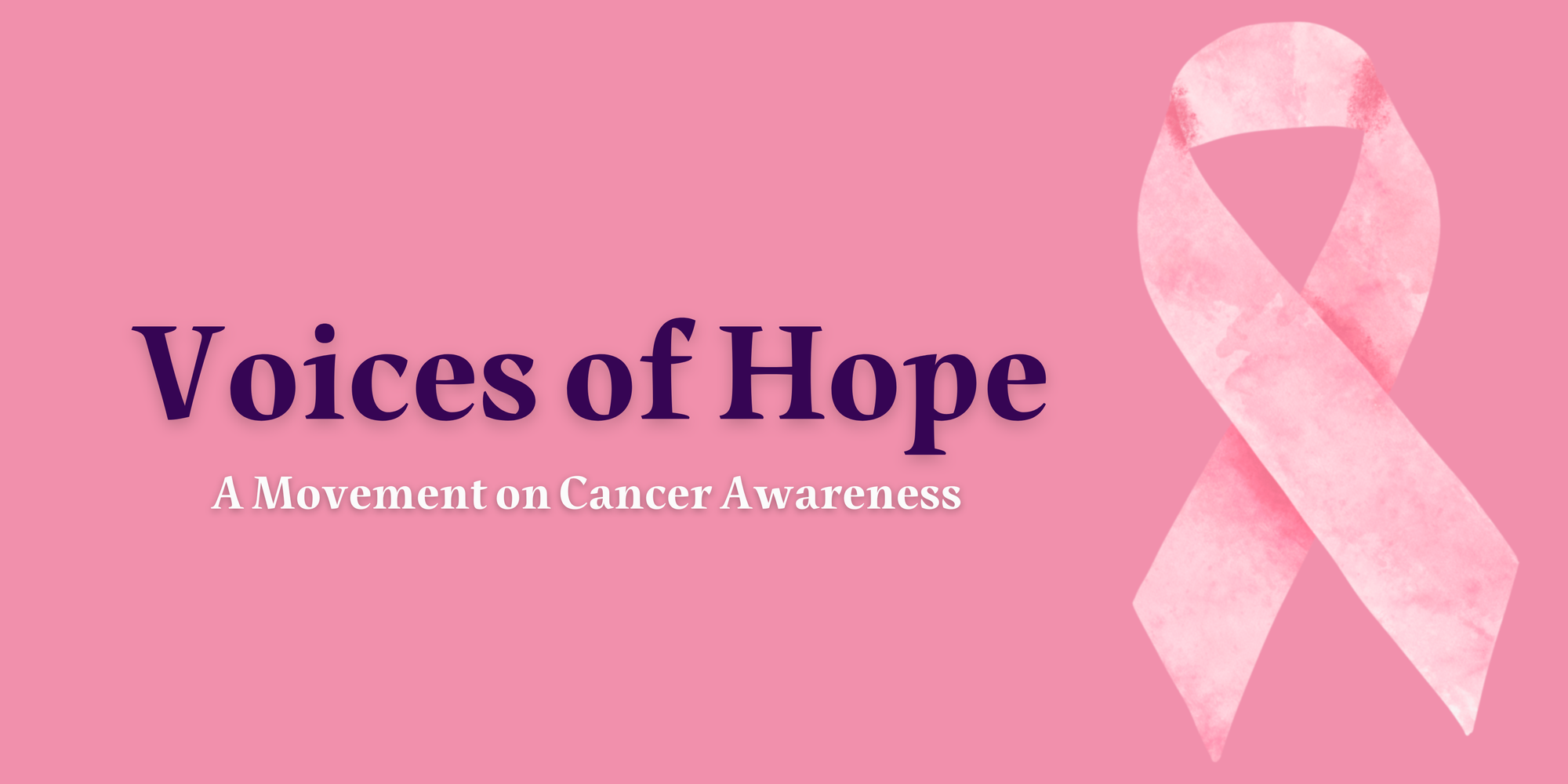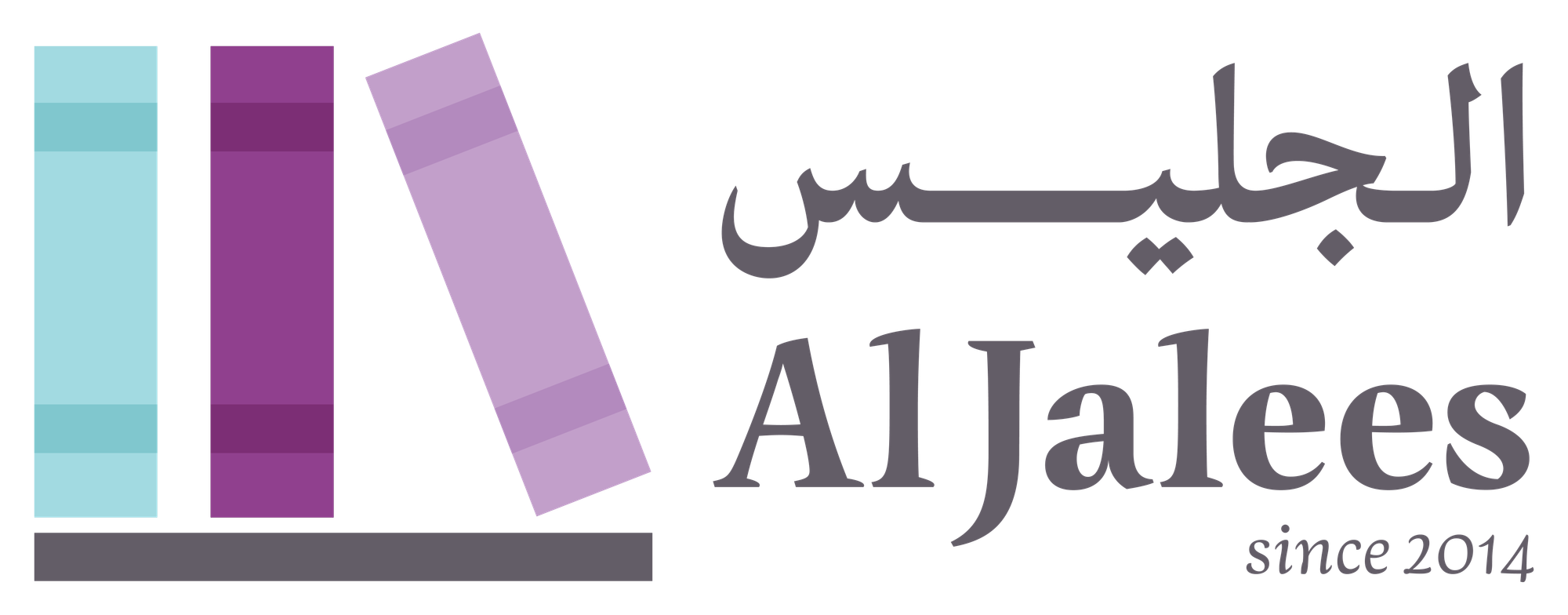Knowing Your Genes: Understanding BRCA and the Power of Early Awareness
Through science and compassion, this piece explores the BRCA1 and BRCA2 genes, the stages of breast cancer, and the life-saving power of early detection—part one of Al Jalees’s October series, Voices of Hope.

1. A Movement of Awareness
Every October, Al Jalees Culture Club joins the global call for Cancer Awareness and Prevention through campaigns that highlight the power of knowledge, community, and compassion in facing illness. In partnership with Saudi Previvor; the first campaign in the Middle East dedicated to hereditary cancer prevention, Al Jalees continues to champion education and proactive health across the Kingdom.
This year, we designed Voices of Hope as our movement, exploring previvorship, survival, and resilience. This article focuses on understanding breast cancer and the BRCA1 and BRCA2 genes: what they are, how mutations occur, and why awareness and early detection matters.
While this piece centers on survival, the journey toward previving, deserves its own spotlight. Stay tuned next week for part two, where we’ll explore proactive prevention, genetic testing, and highlights from our Voices of Hope events featuring physicians, survivors, and advocates.
2. The Power of Knowledge
At Al Jalees, we believe that awareness is the first step toward healing. Through shared knowledge, medical insight, and emotional support, we can build stronger, more informed communities that stand beside every patient, survivor, and caregiver.
Al Jalees proudly adopted Saudi Previvor, founded by Reem Hajjar in 2016, continuing its legacy of spreading awareness and encouraging informed, preventive action across the Kingdom.
3. What is BRCA?
BRCA is an abbreviation for “Breast Cancer gene.” All humans have BRCA1 and BRCA2 genes, which repair damaged DNA and help prevent abnormal cell growth that can lead to tumors. When these genes mutate, they lose their ability to repair DNA, increasing the risk of cancer.
4. Why Early Detection Matters
Around 80% of breast cancer cases are invasive, meaning they can spread to other parts of the body. Catching it early greatly improves survival rates. Research funding and awareness campaigns worldwide have made earlier detection possible through annual checkups and education. Most breast cancer cases are not hereditary, but about 5–10% are linked to inherited mutations in the BRCA1 and BRCA2 genes. Other risk factors include age, obesity, alcohol use, and smoking.
5. Recognizing Risks and Taking Action
Women are more likely to develop breast cancer than men because breast cells are constantly exposed to estrogen and progesterone hormones. Maintaining a healthy lifestyle, managing weight, and avoiding harmful habits can significantly reduce risk. A simple self-examination at home can also help individuals detect early changes, such as lumps, changes in texture, or dimpling of the skin. Any new or unusual changes should be checked by a doctor. Women should set a certain date on their calendar every month to memorize the feel and shape of their breasts.
6. The Stages of Breast Cancer
There are four main stages of breast cancer (I–IV), along with stage 0, known as carcinoma in situ. At this stage, cancer cells are present but haven’t spread beyond the breast ducts, making it the most treatable phase. The survival rate for localized breast cancer is around 99%, compared to 32% for stage four.

7. Different Types of Breast Cancer
Cancer diagnoses comes in various sub-types, concisely explained below:
- Luminal A (ER+, PR+, HER-) with low risk biological features
- Luminal B (ER+, PR+, HER2-) with high-risk biological features
- Triple-Negative Breast Cancer
- HER2 + Breast Cancer
Breast cancer treatment types include the following specialties:
- Surgery (Lumpectomy, total mastectomy)
- Medical Oncology (chemotherapy, hormonal therapy, target therapy, immunotherapy)
- Radiation Oncology (Focused radiation to destroy residual cancer cells)
8. Living Beyond Diagnosis
Advances in research have significantly raised survival rates, the current five-year survival rate is about 91%. While recurrence remains possible, regular checkups and healthy habits help ensure early detection. Treatments require three different specialities which includes surgery, medical oncology, and radiation oncology.
9. The Heart of Awareness
Breast cancer awareness is not only about treatment, it’s about understanding, prevention, and compassion. The more we learn about genes like BRCA, the closer we get to turning fear into informed action. Early detection saves lives, and education empowers choices. Writing this research reminded me how powerful knowledge can be in medicine, and in life itself.
10. Join the Movement
If you are in Riyadh or Jeddah, join us this month as we delve deeper into the theme of Voices of Hope.
Our gatherings on October 22 in Riyadh and October 27 in Jeddah will feature a diverse lineup of voices who embody courage and compassion:
1- Dr. Ayman Linjawi: Saudi oncology surgeon known for his advocacy of survivorship and patient empowerment.
2- Dr Osamah Samarqandi: Consultant Plastic and Reconstructive Surgeon
3- Dr. Firas Almomen: Resident oncologist, highlighting the importance of education, early detection, and medical awareness.
4- Author Omayma Al Tamimi: Psychologist and breast cancer survivor who writes and speaks about faith, resilience, and choosing hope.
5- Rana Hajjar: Founder of Al Jalees and president of the English club; breast cancer previvor and awareness advocate leading the dialogue on empowerment through knowledge.
6- Rabab Hajjar: Co-founder of Al Jalees and president of the Arabic club; breast and ovarian cancer previvor emphasizing awareness through education and shared understanding.
7- Reem Hajjar: Founder of Saudi Previvor and breast and ovarian cancer previvor; a voice of strength, leadership, and advocacy for prevention.
8- Suzan Al Safady: Breast cancer survivor sharing her journey of gratitude and inner strength.
9- Lama Soliman: Daughter of a patient, reflecting on empathy, family, and the art of support.


Together, these voices transform fear into awareness and silence into dialogue. Al Jalees and Saudi Previvor created this movement to remind us that awareness has the power to connect science with humanity, and prevention with hope.
Hope doesn’t silence fear; it teaches us to speak through it.
All medical information was researched and written by Amal Alsaeed using the following References:
1- https://www.bcrf.org/about-breast-cancer/other-breast-cancer-gene-mutations/
2- https://health.clevelandclinic.org/breast-cancer-brca-gene
3- Reviewed and approved by Dr Eyad Fawzi Alsaeed; Associate Professor - Consultant Radiation Oncology - King Saud University
